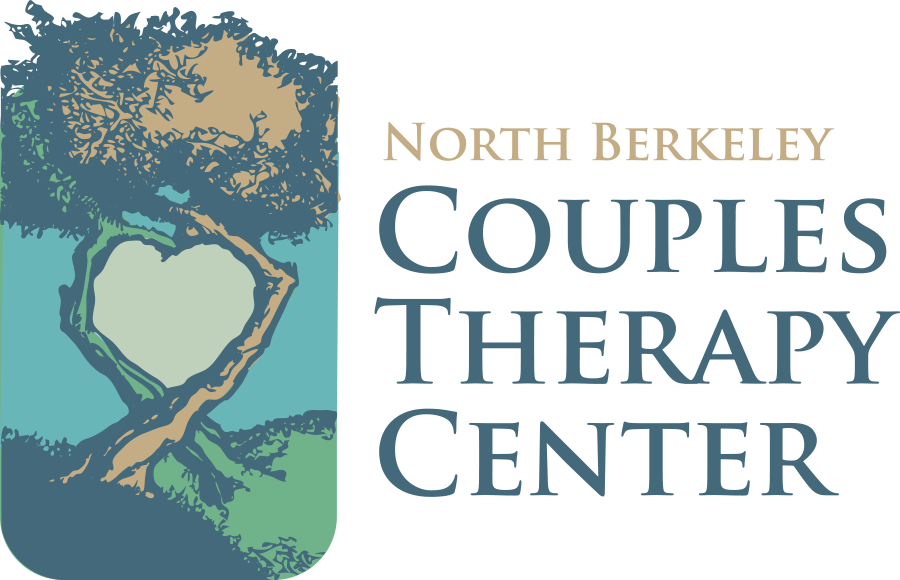Accelerated Experiential Dynamic Psychotherapy (AEDP)
AEDP for Couples
AEDP is about working with the heart
“AEDP is about working with the heart. Amazing things happen when both therapist and client tune into their hearts: people feel strengthened, they discover potentials and capacities for healing, growth and transformation that they never thought possible.”
The North Berkeley Couples Therapy Center provides relationship-focussed depth psychotherapy for individuals, couples and children, through the latest advancements in affective neuroscience research and attachment theory. This is accomplished through utilizing the transformative and highly effective therapeutic modality of Accelerated Experiential Dynamic Psychotherapy (AEDP).
Accelerated Experiential Dynamic Psychotherapy (AEDP) facilitates a transformational process via a model of psychotherapy rooted in three primary tenants.
- healing attachment
- transformative experience
- emotional and somatic processing
Dr. Diana Fosha, Ph.D., author of the The Transforming Power of Affect, generated the therapy model of Accelerated Experiential Dynamic Psychotherapy (AEDP) integrating resonances from attachment theory psychodynamic theory, neuroscience, somatic therapy, affective and transformational disciplines. At the root of AEDP is a collaborative process of helping our patients and ourselves as therapists to mend attachment wounds and trauma. These vulnerabilities often feel like broken parts of ourselves in which we feel unbearably alone, but through the therapeutic journey these vulnerabilities can become strong and healed. The therapist and client work together to tend to the feeling of aloneness, loss, trauma and relational challenges that leave us disconnected in our relationships. In this mutual exploration, increased compassion and insight manifest and develop into an inner knowing that we were never broken to begin with, but rather feeling the pain of being disconnected from ourselves and others.
Dr. Diana Fosha asserts that "Through the in-depth processing of difficult emotional and relational experiences, the AEDP clinician fosters the emergence of new and healing experiences for the client." It is through this shared affective exploration, couples with the witnessing and supportive compassion of the AEDP practitioner that facilitates a reparative and profoundly transformative heartfelt experience for the client.
While suffering is an unavoidable fact of life, it brings with it an opportunity to tap into the profoundly transformative capacities of the human affective experience that might otherwise remain obscured from consciousness. It is with this insight and awareness, in the context of the safety of the therapist-client relationship which
As a therapeutic approach, AEDP cultivates opportunities for transformative healing and developing secure attachment within the safety of the therapeutic relationship. AEDP is collaborative, experiential and transformative for client and clinician alike. Rather than focus on what is "wrong" Accelerated experiential-dynamic psychotherapy avoids pathologizing the patient's behavior, thoughts and experiences by focussing on techniques that are oriented towards profound healing, validating the client's pain and challenging relational and emotional experiences. AEDP strives to cultivate an attachment-oriented transformation in the patient's thoughts, behaviors and feelings by examining the complicated and profound processes that arise in painful and challenging relational and affective experiences.
“Both psychotherapy and integrative framework, AEDP seeks to theoretically elucidate and clinically harness healing transformational processes. A whole-brain therapy, through its attachment-based stance, AEDP entrains right-brain-mediated affective experiences; works with subcortically generated primary emotions; and recruits left brain organization for the articulation of emotional experience. Then, alternating waves of experience and reflection give rise to the best the prefrontal cortex (especially the right pre-frontal cortex where emotionally meaningful autobiographical narratives are mediated) has to offer: integrative states of flow, clarity, ease, wisdom, compassion, curiosity, generosity, creativity, and calm, where the sense of the truth promotes deep acceptance and self-acceptance.”
Our East Bay psychotherapists & psychologists, are highly skilled in treating trauma through body-based modalities. Somatic trauma therapies, such as Somatic Experiencing, AEDP, EMDR and Hakomi operate from the idea that the resulting psychological trauma is not inherently caused by the actual traumatic event, but more so from the inability of the nervous system, mind and body to effectively process the detrimental experience. By working from a somatic and holistic perspective in trauma therapy, individuals who have survived such painful and disturbing experiences can reset their nervous systems and once again feel safe in the world.










